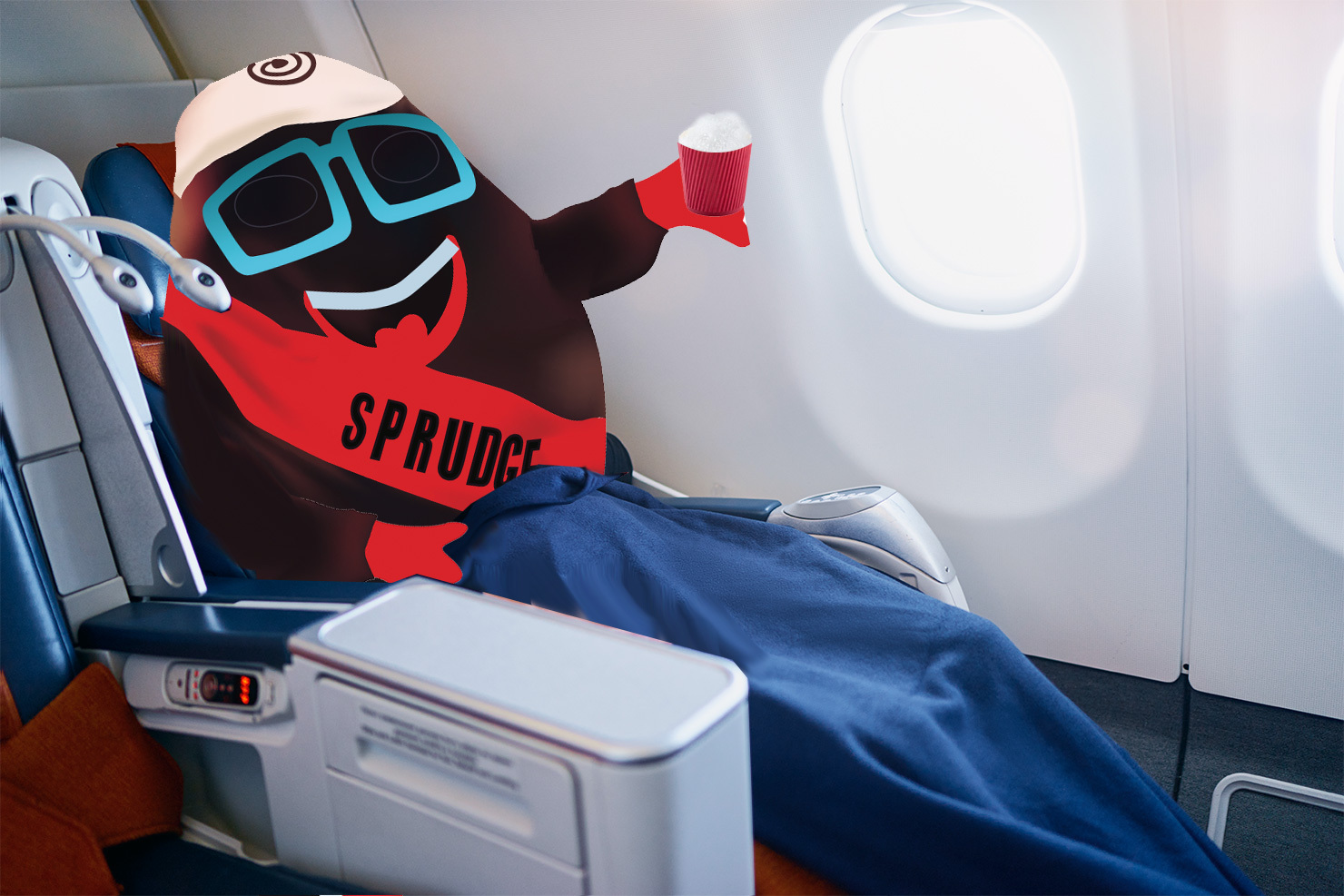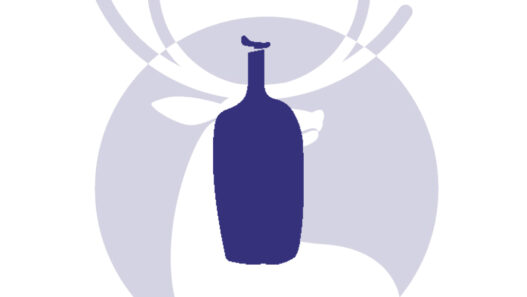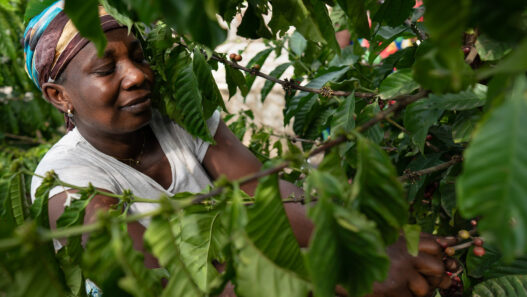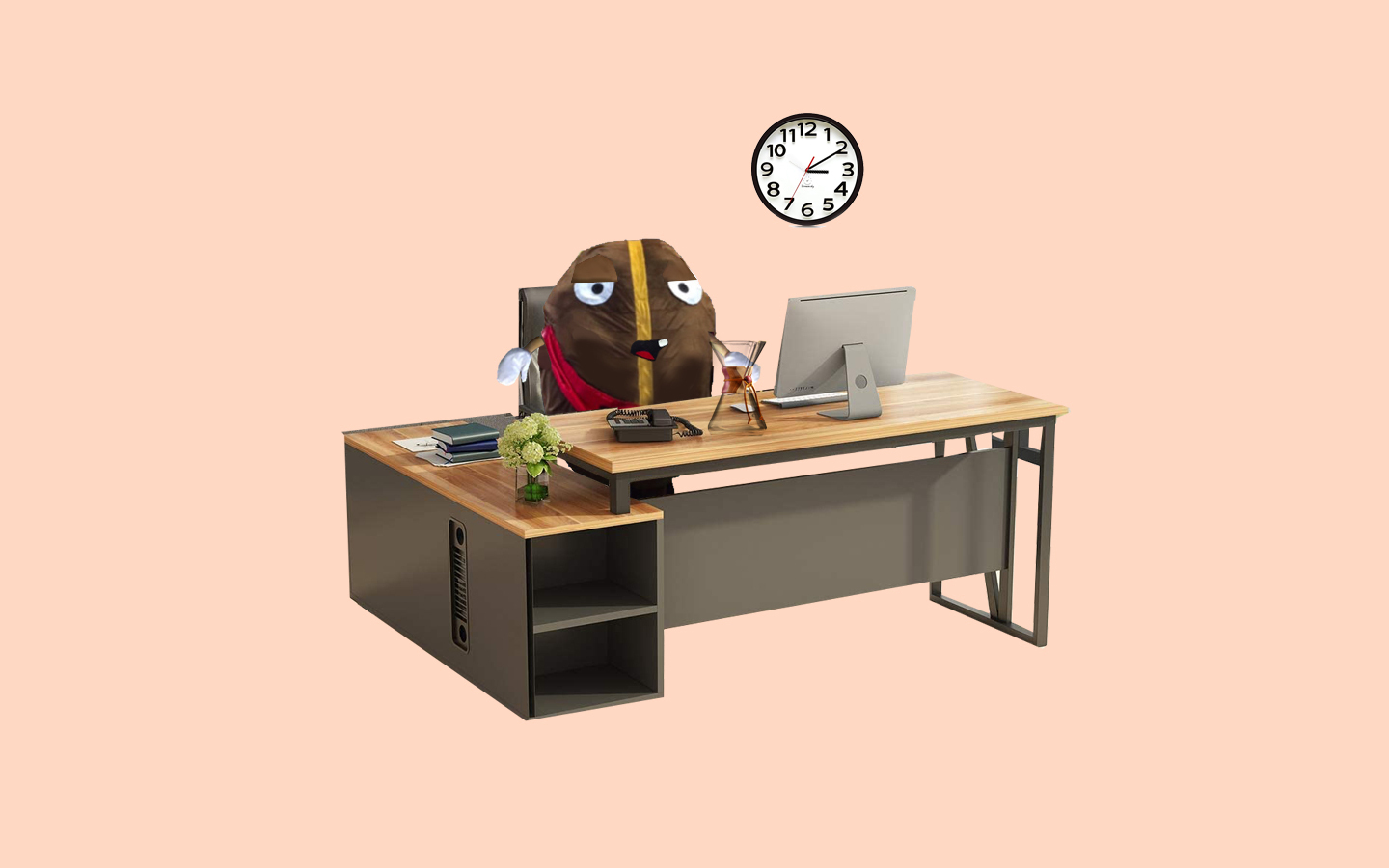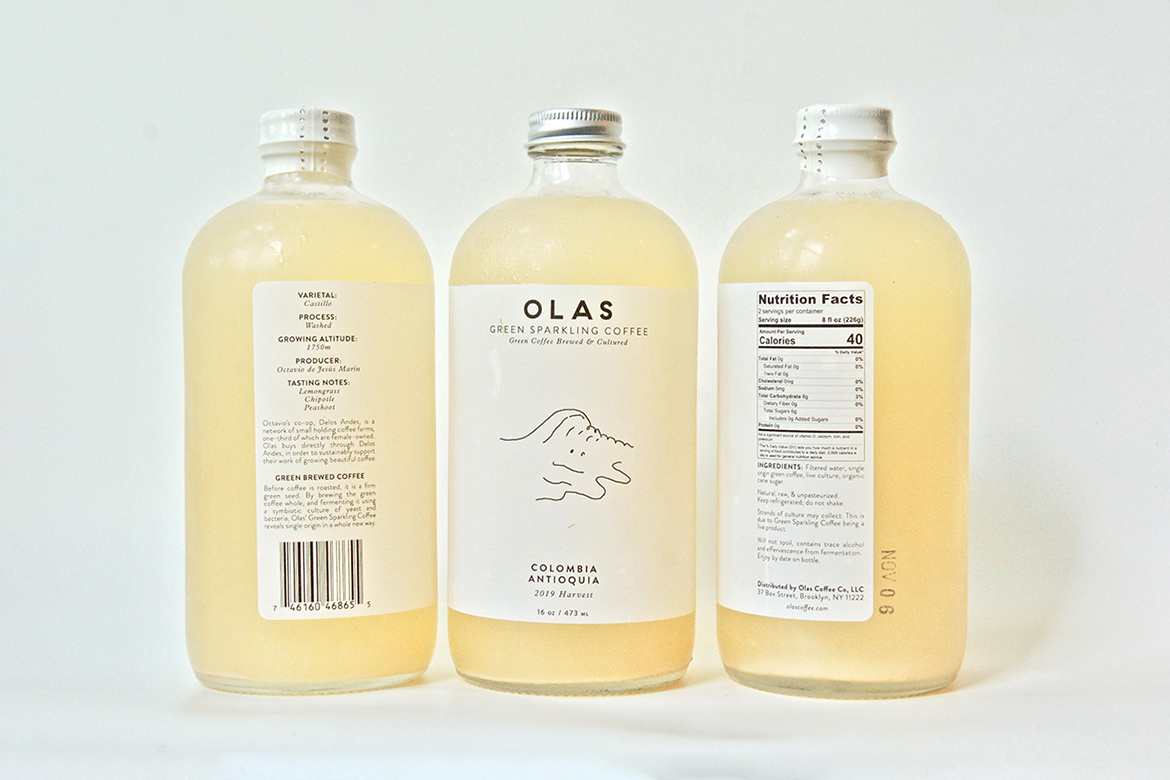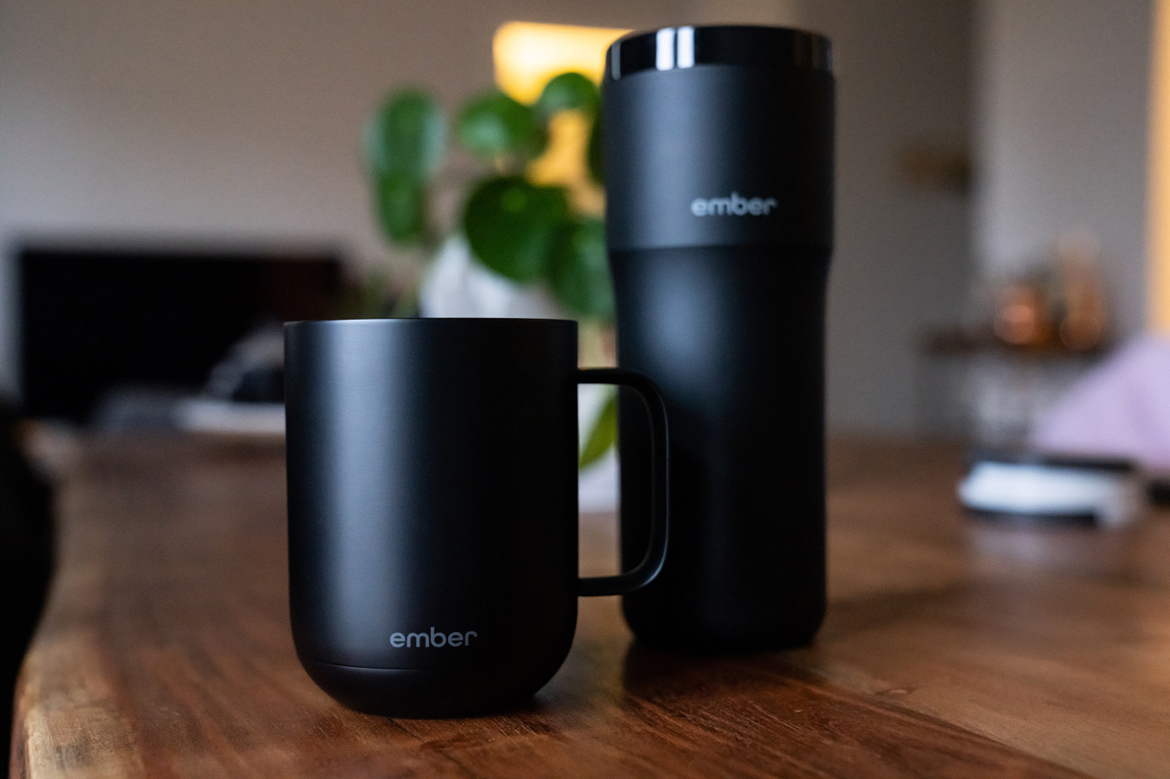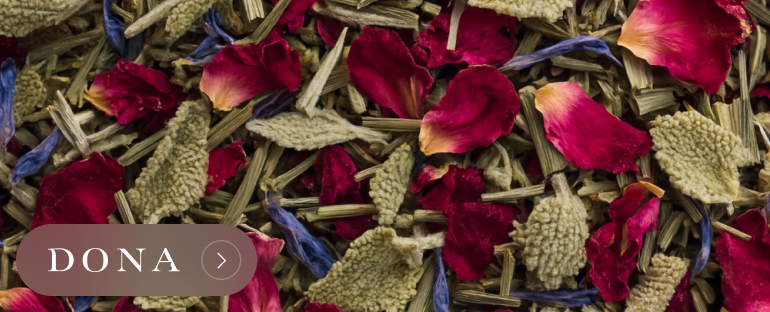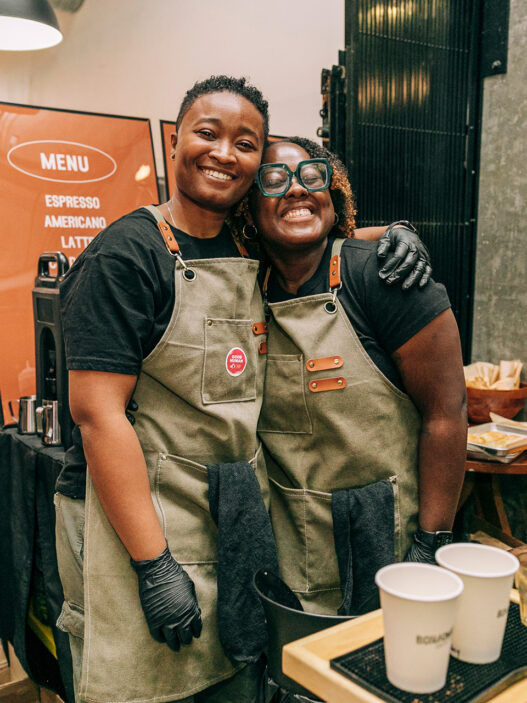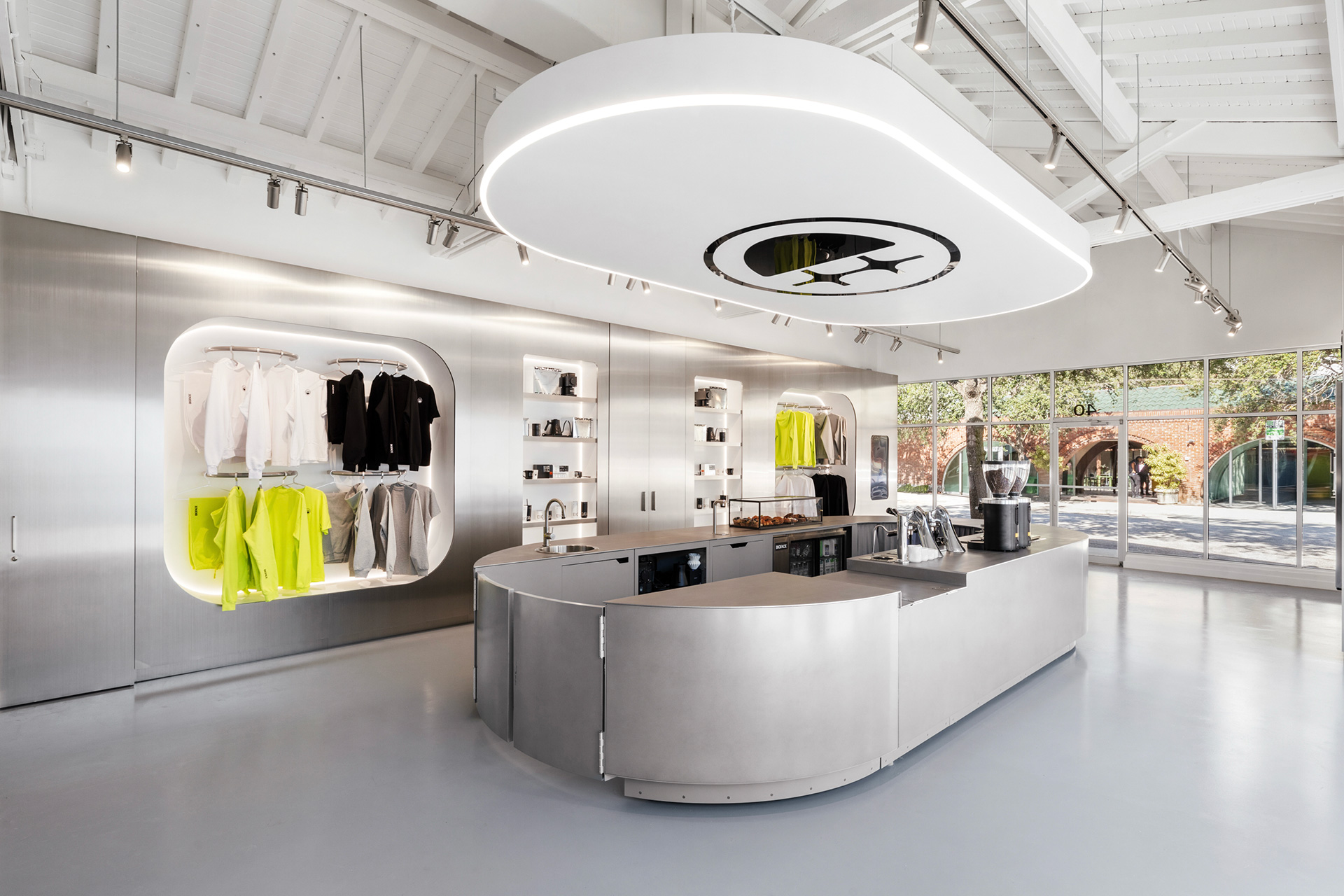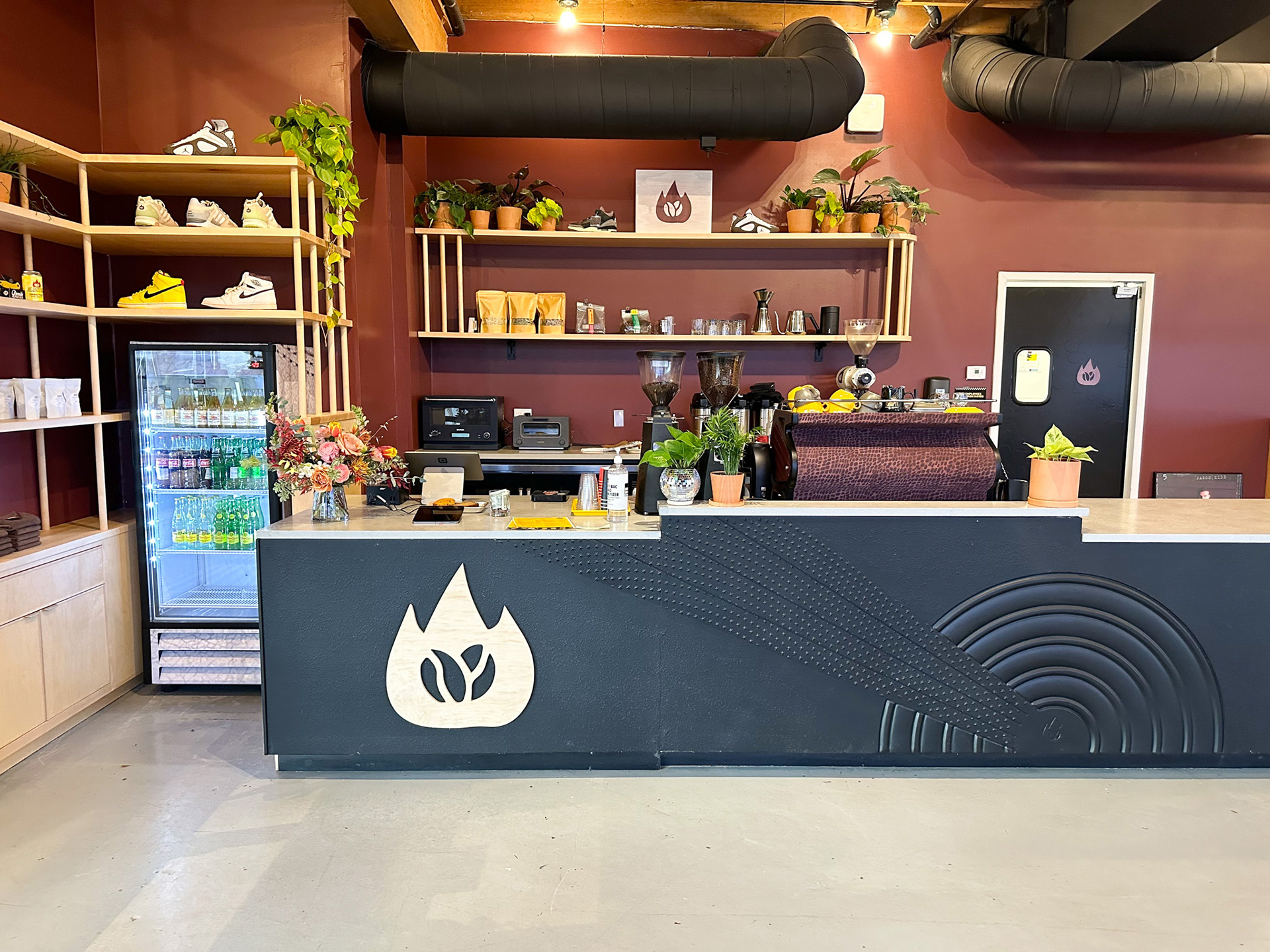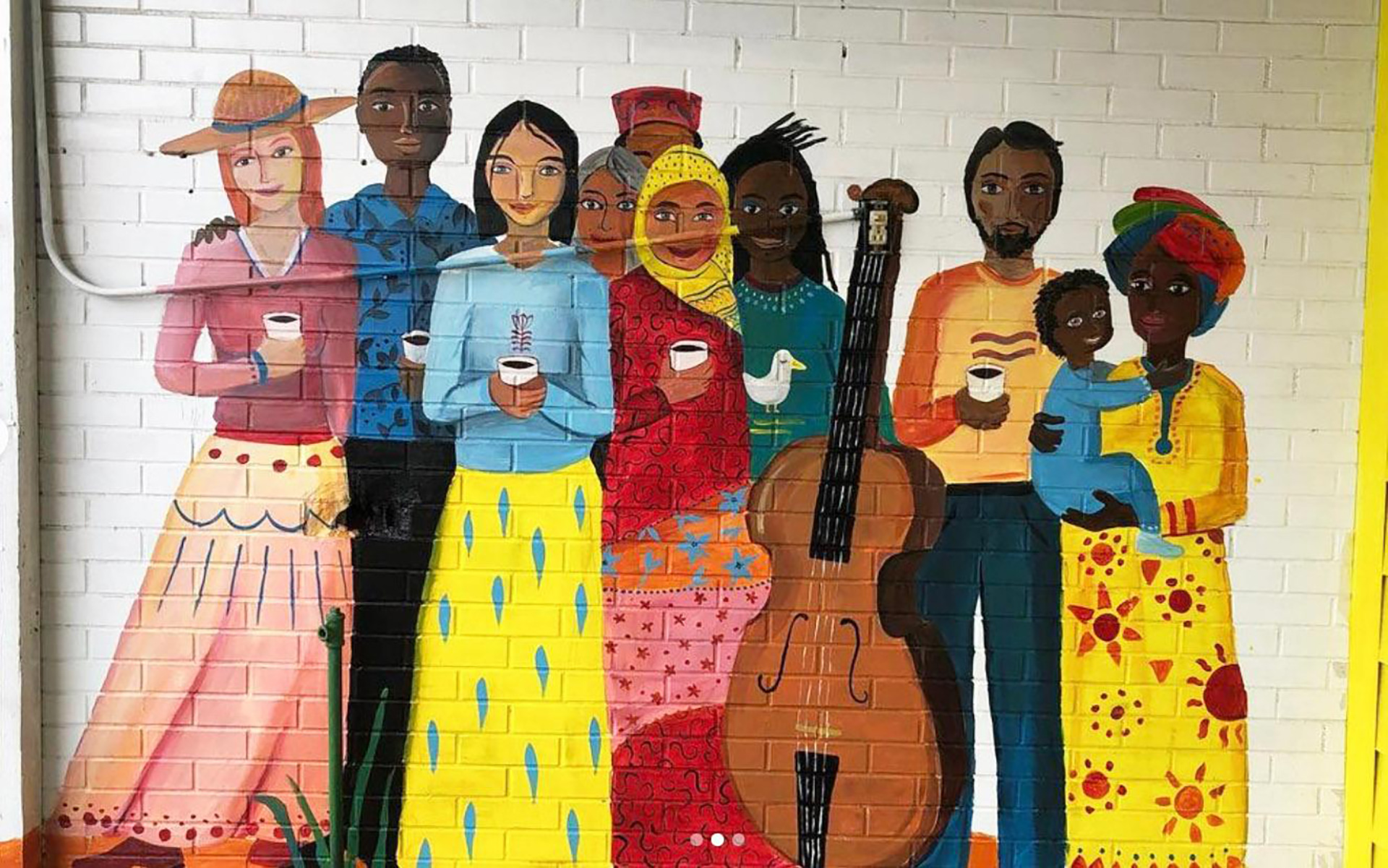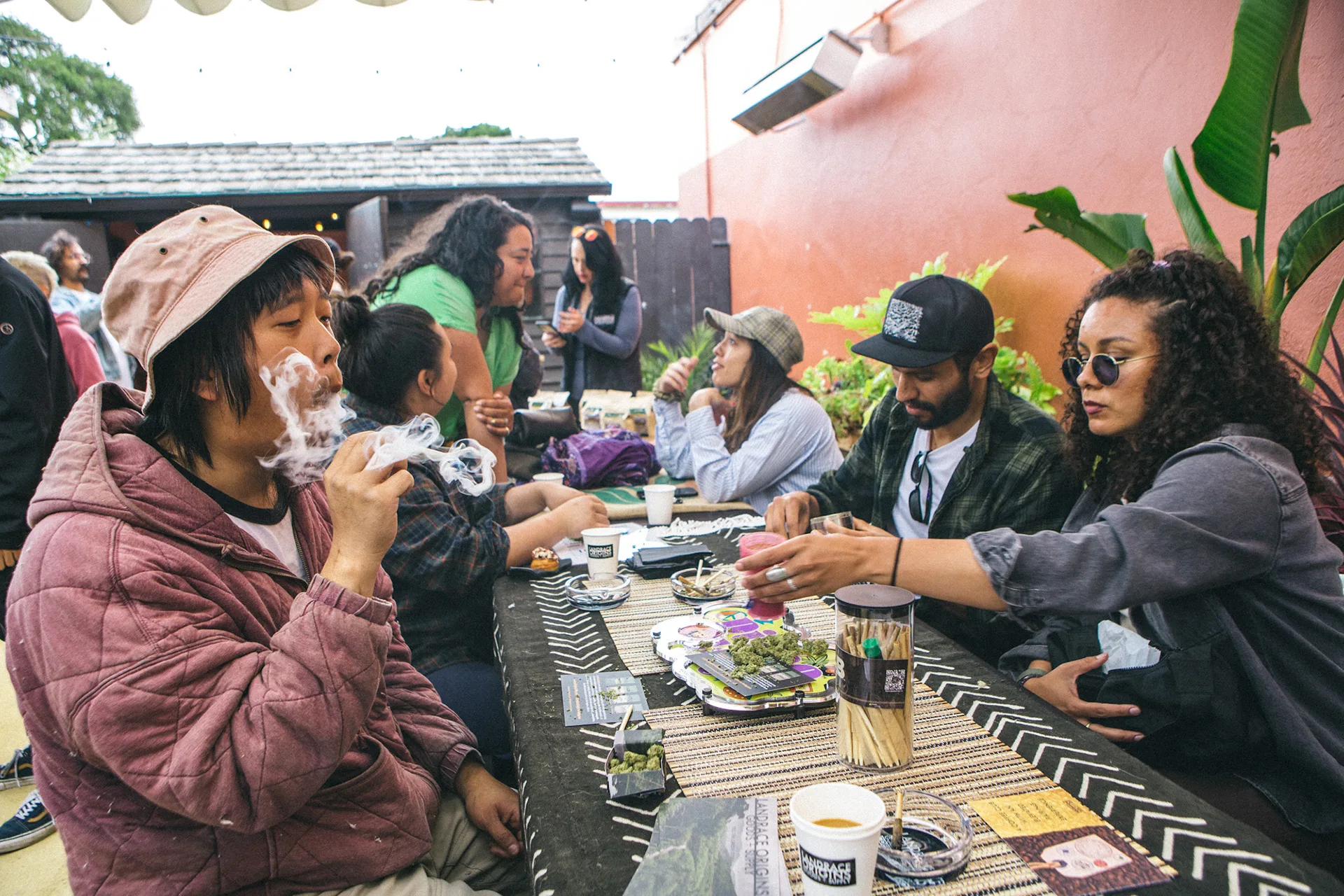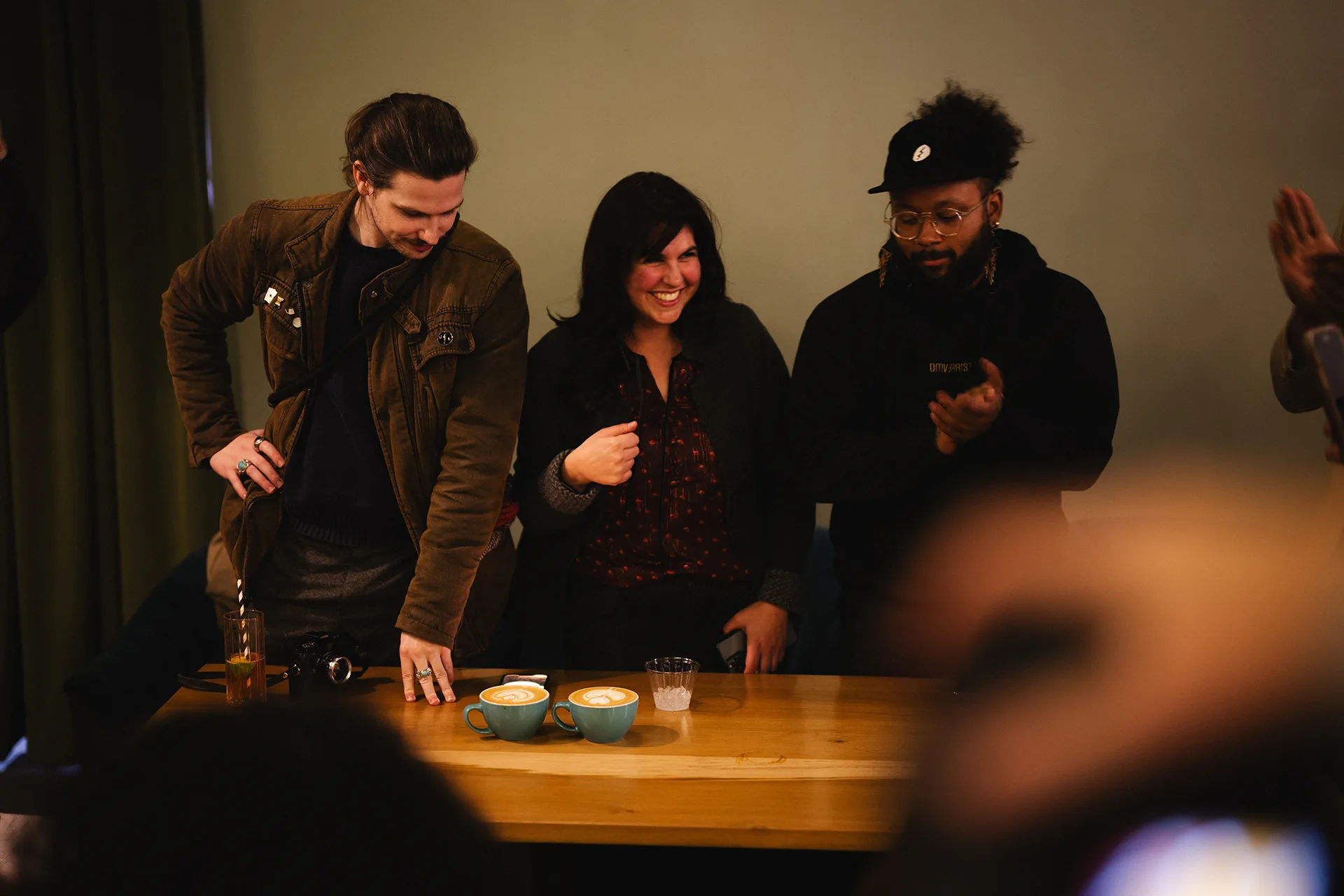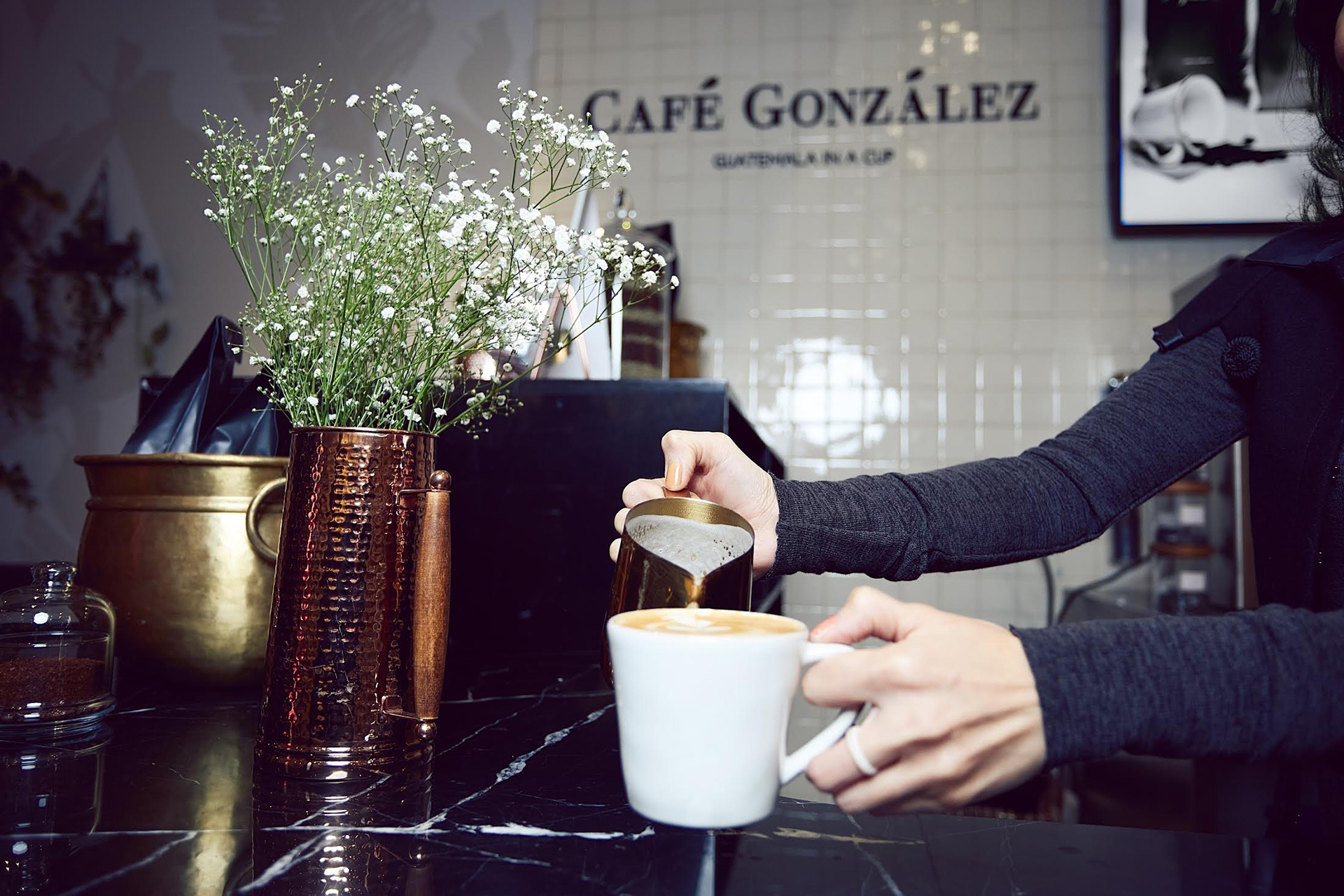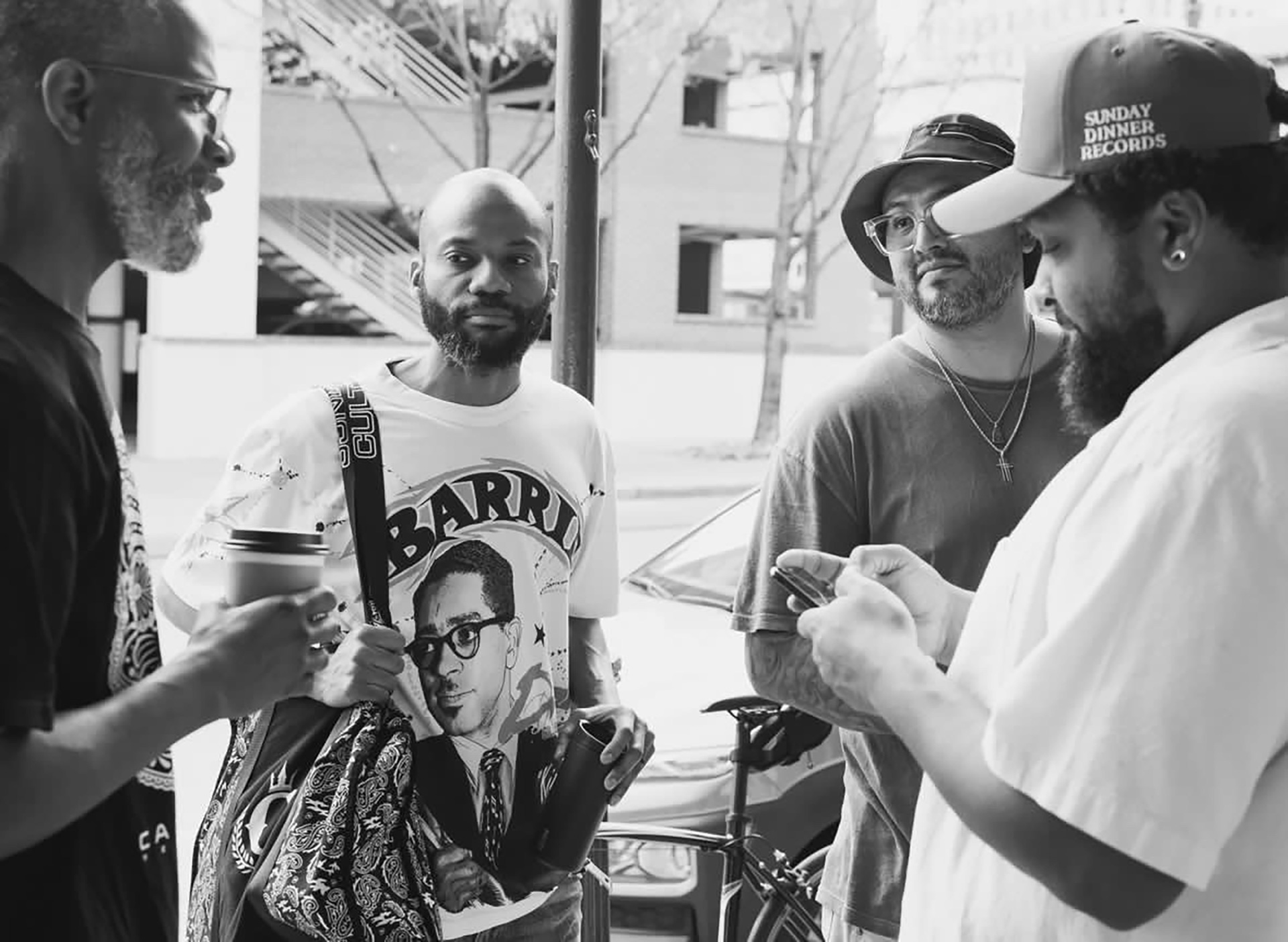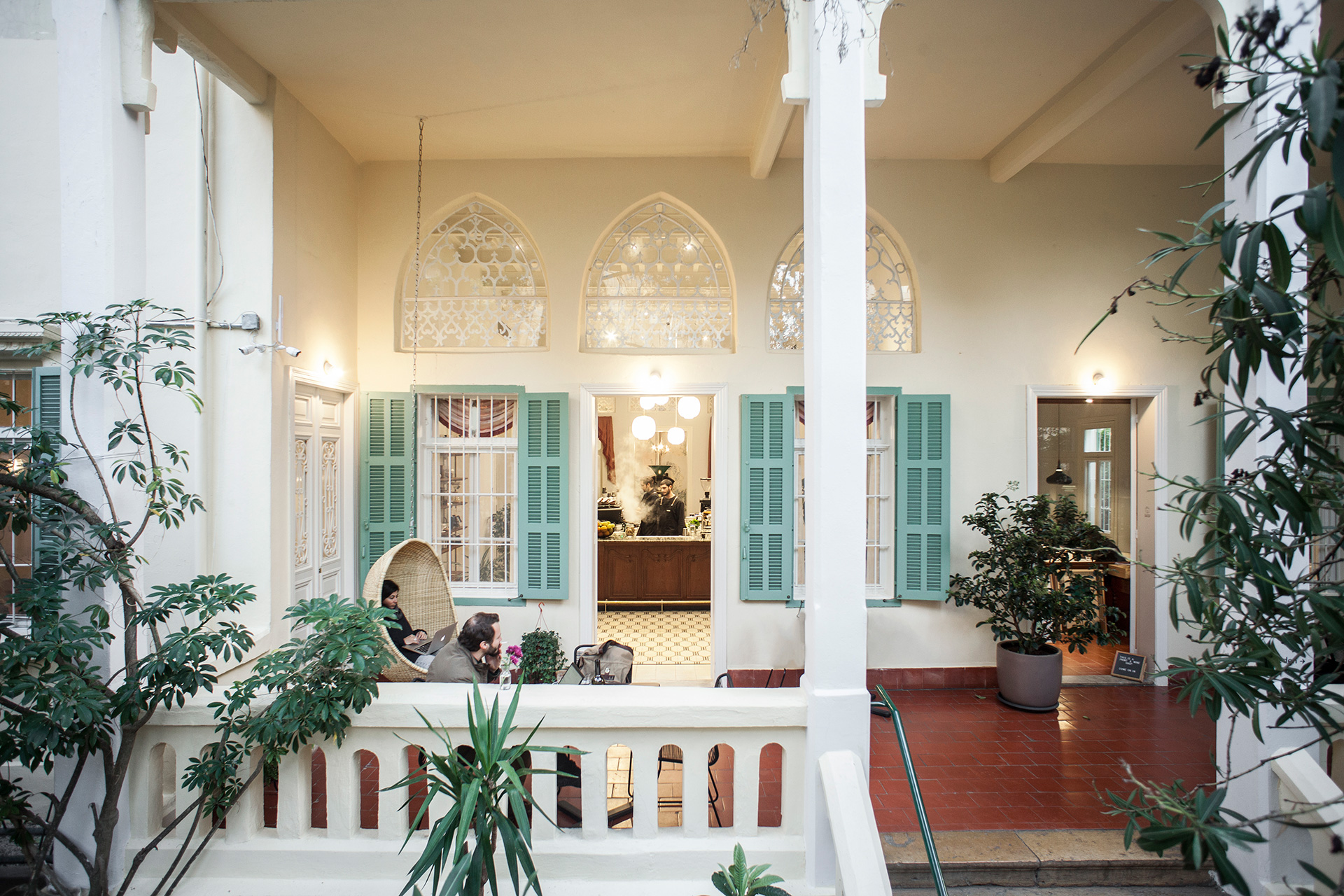
When I’m traveling, my trip usually starts with casually perusing listings for coffee shops in the area I’m about to visit. (Sprudge writers: we’re just like you!) But Beirut was somewhat more special. It had to have good coffee. Lebanon is my grandparents’ land and it took me 37 years to finally get to visit what my grandpa would interchangeably refer to as the Switzerland or the Paris of the Middle East. The coffee simply could not disappoint. And it didn’t, thanks to Kalei.
Kalei started as a roasting only business in 2015, when Dalia Jaffal, the founder and head roaster, was roasting coffee beans in a small Gene convection roaster to be sold in bags online. One day, she got an order from the Gulf for 50 bags of coffee: she was roasting non-stop for 12 hours a day and soon realized she needed a proper-sized roaster.
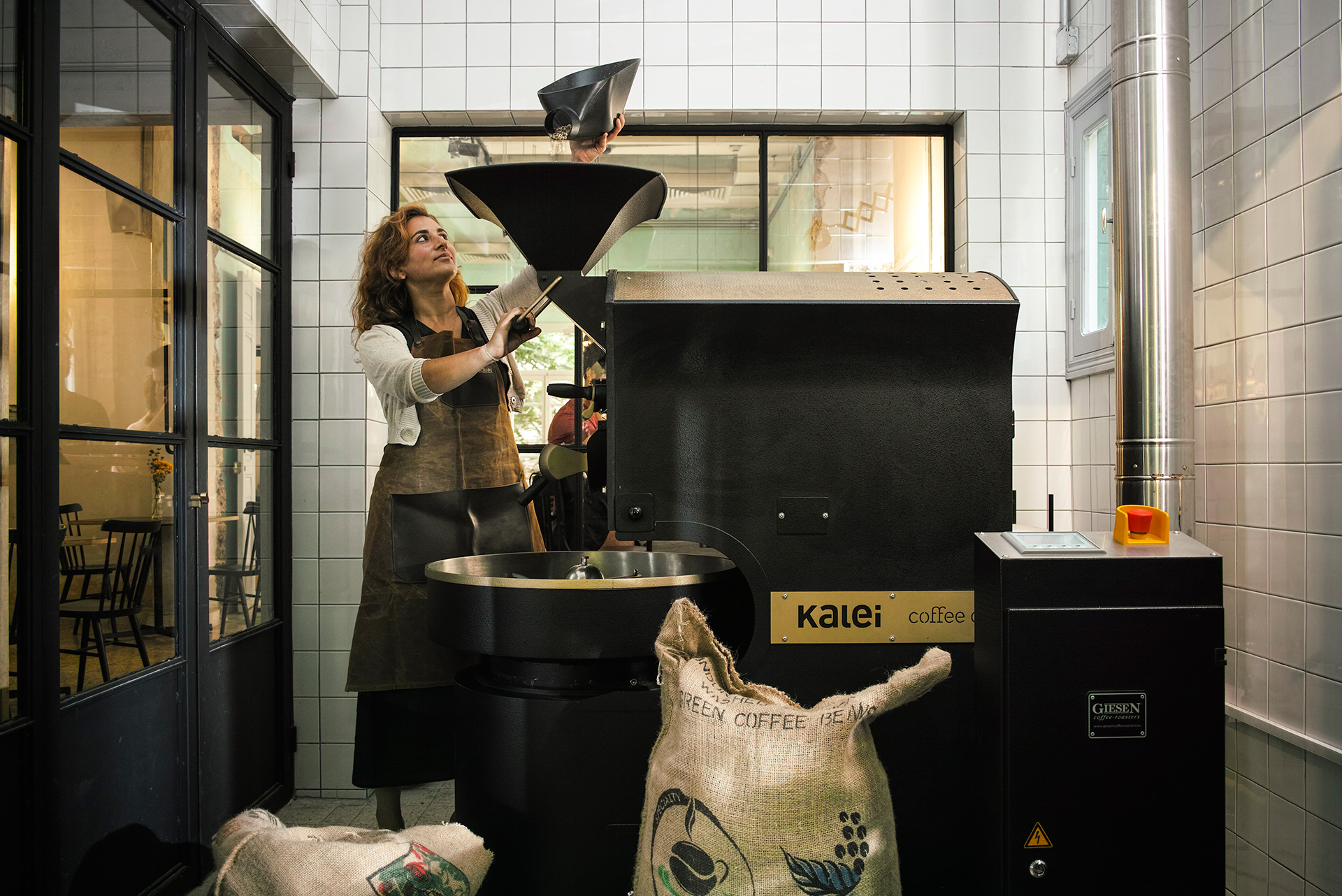
“Coffee is big in Lebanon. It’s always been part of my life, but never a business idea, until I was working with NGOs in Africa,” Jaffal says. “Having really good coffee there and elsewhere, when I’d come to visit, I’d realize how bad the coffee tasted here.” One day she started thinking about opening a roastery and coffee shop in Beirut, where she would source better coffee for Lebanese people. Her dream is realized in Kalei—which takes its name from the three-step Ethiopian coffee ceremony (awel, kalei, baraka).
In the beginning, Jaffal struggled a bit with Lebanese customers who were not quite acquainted with lighter roasted beans. She started out in a farmers market, Souk el Tayeb, before she opened Kalei’s Mar Mikhael neighborhood coffee shop. Some people would even come thinking they sold kale, she remembers laughing. She explains that another time, a lady was convinced they added lemon juice to the espresso.
“We actually had more recognition from outside of Lebanon in the beginning,” explains Jaffal. “Then eventually things started to change, and people started perceiving acidity as a good thing in coffee. There’s room for mistakes, of course, when you do light roasts. Once you do it well and in a balanced way though, I think there are a lot of good things acidity can bring.”
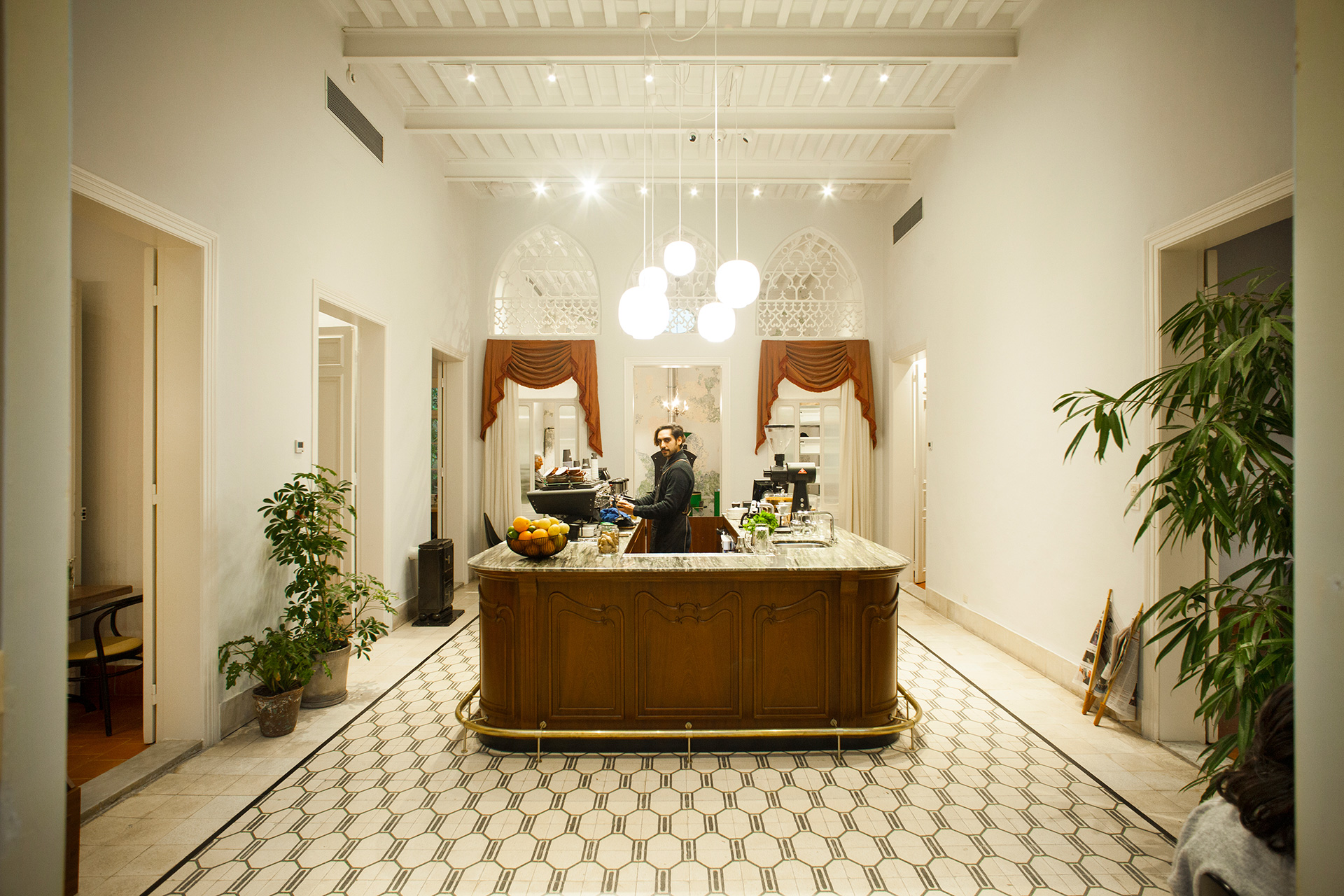
Kalei today has two coffee shops, one in Mar Mikhael, a predominantly Armenian neighborhood that has become rather trendy and popular with foreigners, and one in Ras Beirut (Hamra neighborhood) close to the American University of Beirut, where you will see a more residential and academic crowd.
The Mar Mikhael shop is in an alley, off the beaten path. It appears you’re going the wrong way and suddenly you’re there: inside one of the most impressive coffee shops you’ve ever seen. Jaffal tells me that the house that holds Kalei was abandoned in 1984, due to the civil war (the Lebanese civil war lasted from 1975 to 1990). It was built in the 1950s, and has a Bauhaus feeling to it, with industrial walls and a lively garden where dogs and a younger crowd stretch out in the sun. The existing space was thoroughly preserved, and the roastery and the coffee bar were built around it. There, they installed a six-kilo Giesen and they also have a cupping room where they hold barista classes and trainings.
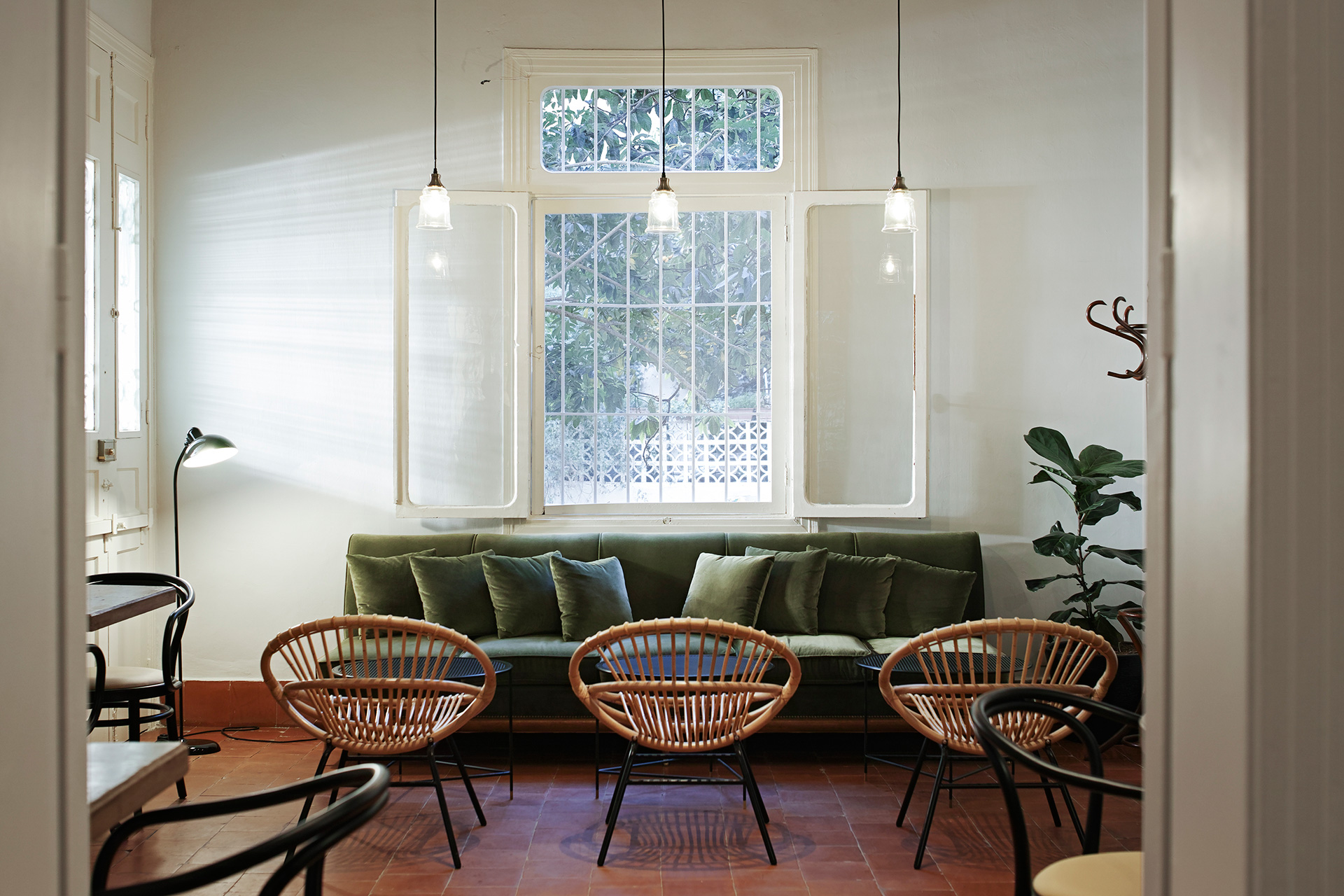
At the Ras Beirut shop, there is a residential feeling that is hard to translate. Jaffal stumbled upon it when she was looking for a place for her and her two dogs to move. She decided it was too big for them, but not for a second Kalei location. When I asked why she needed a new roastery along with her second shop, she explained that this Kalei, inaugurated in January 2019, is in an entirely different environment. Beirut was once totally divided into east/west by the green line, during the war, and even today it’s hard to cross the city due to traffic jams. So, if you go to both coffee shops, you will get two distinct experiences, in terms of architecture, neighborhood, and in terms of coffee too: they don’t serve the same beans. “It made sense financially, too. If we were going to open another coffee shop, it had to be on the other side of the city,” Jaffal says.
Jaffal met the landlords and dedicated and engraved a phrase on the Kees van der Westen Spirit espresso machine to their aunt who was the last one to live there before she turned the house into a coffee shop: “For the spirit of loved ones,” it reads in Arabic. The espresso bar sits exactly where the dining room was once located, and it can be removed as-is, with no damage to the original floors. It took them several months to have it built in that particular way. (Right after Jaffal rented the house, it was listed as a heritage building.)
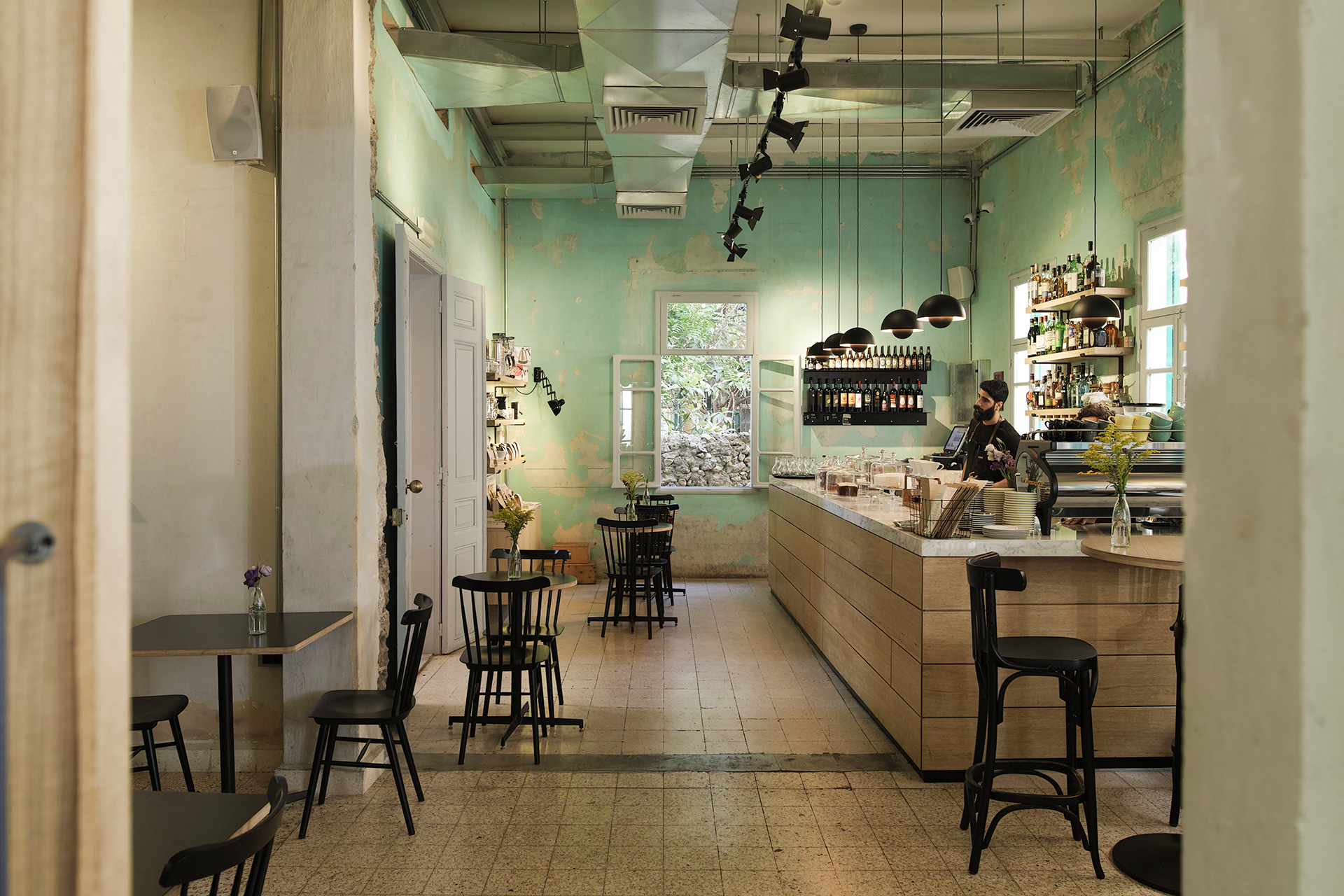
Both Kalei shops offer cocktails, local wines, and beer along with an all-day food menu. For espresso, there are always two options, and for filtered options, all the other origins currently being offered. Their take on Lebanese coffee via the Ibrik is traditional, except of course they use specialty coffee, which makes for a more balanced cup.
Aside from coffee itself, Jaffal sees Kalei impacting the industry in other small and meaningful ways. They serve free filtered water to their customers and they have not used plastic straws since day one. Now, you are seeing more and more shops doing the same in Beirut. “Especially in a country like Lebanon, where voting is sort of pointless,” she laments, “one of the ways of promoting change is through the food and beverage industry, because people will always go out to eat and drink, no matter how bad the situation is.”
Juliana Ganan is a Brazilian coffee professional and journalist. Read more Juliana Ganan on Sprudge.



